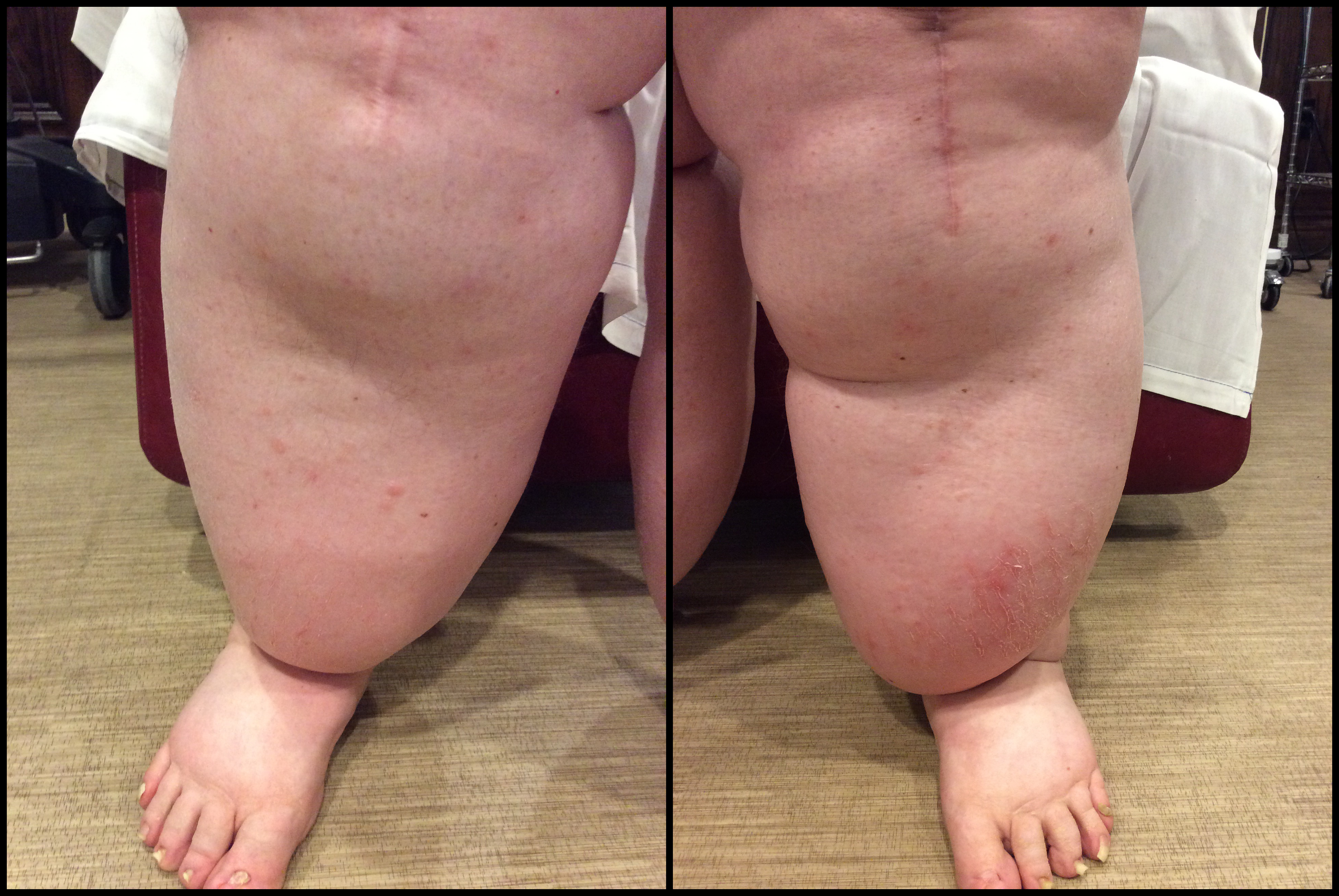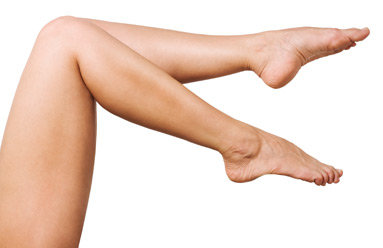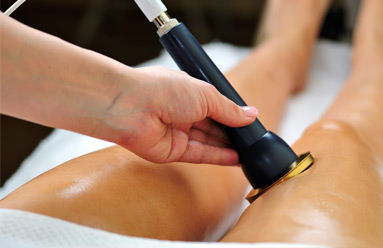
Lipedema
What is Lipedema?
Lipedema is a chronic medical condition defined as a loose connective tissue disease, formerly called “Sick Fat”. Lipedema affects women mostly and commonly manifests as lumpy, dense fatty tissue on the buttocks, hips, legs, and more rarely arms. Commonly it develops at times of hormone, weight, and shape changes such as puberty, pregnancy, and menopause. Lipedema may be painful and impair mobility and is often associated with obesity, lymphedema, vein disease, and hypermobile joints. Lipedema fails to respond well to diet, exercise, or bariatric surgery. Lipedema can be treated to reduce pain and swelling, maintain mobility, and improve quality of life while slowing disease progression. Timely diagnosis is paramount.

Is Lipedema painful?
Lipedema may be very painful. Inflammation is part of the disease of the fat cells and fibrous tissue. Sometimes this manifests as extreme hypersensitivity of the skin overlying the affected area(s) without the usual signs of inflammation such as redness or warmth. The pain often occurs with even the gentlest touch of the skin. Often if the skin is not too sensitive to light touch, there is pain from the “knots” or fibrous nodules in the fat tissue that may feel like rice, peas, or walnuts beneath the surface of the skin that be painful to deep touch. The pain also may be constant or intermittent without any need for touch. Often the skin is easily bruised due to blood vessel fragility.
How is Lipedema different from obesity or lymphedema?
Lipedema differs from obesity in several ways. Obesity occurs throughout the body, including the hands and feet and typically is associated with diabetes, high cholesterol, or high blood pressure. Lipedema commonly occurs in the trunk and the limbs, sparing the hands and feet. Typically early stage lipedema is not associated with diabetes, high cholesterol, or high blood pressure. Lymphedema is swelling that usually occurs on just one limb, thus is asymmetric, and includes the hands and the feet. Lymphedema is a disease of fluid imbalance where the fluid outside the vasculature of the body is “too much” for the lymphatic channels of the body to handle.
How is Lipedema Diagnosed?
Lipedema is a clinical diagnosis, that is there is no definite blood test or imaging test that will define it. Lipedema is often misdiagnosed as obesity or lymphedema, or chronic venous insufficiency. A knowledgeable, trained clinician who performs a complete medical history of your condition and a thorough physical examination is the best option for accurate diagnosis currently. Ultrasound examination to rule out chronic venous insufficiency and to identify the abnormalities in the fatty tissue and the characteristic nodules is helpful.
How is Lipedema Treated?
Lipedema is a chronic medical condition and at this time has no cure; there are, however, numerous helpful therapies for lipedema. As already stated, lipedema is resistant to treatments with diet, exercise, or bariatric surgery. Effective treatments include those that reduce inflammation, improve lymphatic flow, manage pain, decrease the burden of abnormal tissue, and ease the burden on quality of life. For these reasons, your medical professional may suggest a multi-disciplinary team including a nutritionist, a certified lymphedema therapist, a pain management specialist, a behavioral counselor, and a plastic and reconstructive surgeon.
What Lipedema Treatments are covered by Insurance ?
Under medical supervision, many of the services of the multi-disciplinary team of professionals your provider recommends will be covered for your lipedema management. Your medical provider will likely order the following tests which should be covered: venous ultrasound, thyroid function, and Vitamin D levels and may prescribe anti-inflammatory or other medications as indicated. Once you have completed a course of conservative management of your lipedema, you may qualify for liposuction which is the best suited surgical intervention for lipedema at this time.
Where can I get more information on lipedema?
The Lipedema Foundation maintains a resources page: lipedema.org/resources where you can find excellent information, everything from self-care videos to technical jargon used by researchers. Additionally, the Foundation has a registry to help the lipedema community learn more about lipedema. For more individualized patient or caregiver support an excellent resource is fatdisorders.org sponsored by the Fat Disorders Resource Society. There are numerous Facebook groups as well including: Lipedema Warriors; Lipedema Sisters USA; and Keto Lifestyle for Lipedema.
What does Lipedema Diagnosis and management cost?
Many insurance companies cover inital evaluation and follow up care for the treatment of lipedema. Please contact Mackee Slattery, our office manager, if you need assistance discussing your coverage with your insurance provider. Please check out our PRICING PAGE to see the private pay cost for a new patient visit with ultrasound.
Schedule a Consultation Today
We encourage you to schedule a consultation today. During our meeting, we will advise on whether or not you’re an ideal candidate for this procedure, as well as compose a custom treatment plan designed to achieve the smooth, clear and vein-free skin you’ve always wanted. Call, text or fax the office today and one of our seasoned staff members will be able to assist you.
Call | Text | Fax
Veins 101: Why do Varicose Veins itch?
We know how frustrating varicose veins can be... Not only are they unsightly, but they ITCH. Why do they itch?!?! The reason is a condition associated with varicose veins called Venous Stasis Dermatitis. This condition is caused by blood building up in the veins and...
Veins 101: How are Varicose Veins Treated?
One of the most common questions people with Varicose Veins ask is: How do I get rid of them? At Totality, we offer several treatment modalities to get rid of those persistent Varicose Veins. Previously, Varicose Veins were physically cut out of the body, resulting in...
Veins 101: Vaginal Varicose Veins
Vaginal Varicose Veins… What a nuisance! Unfortunately, pregnant individuals are most at-risk for developing them. Vaginal Varicose Veins are very normal, and are referred to as Vulvar Varicosities, since they don't actually impact the vaginal canal and only the...






